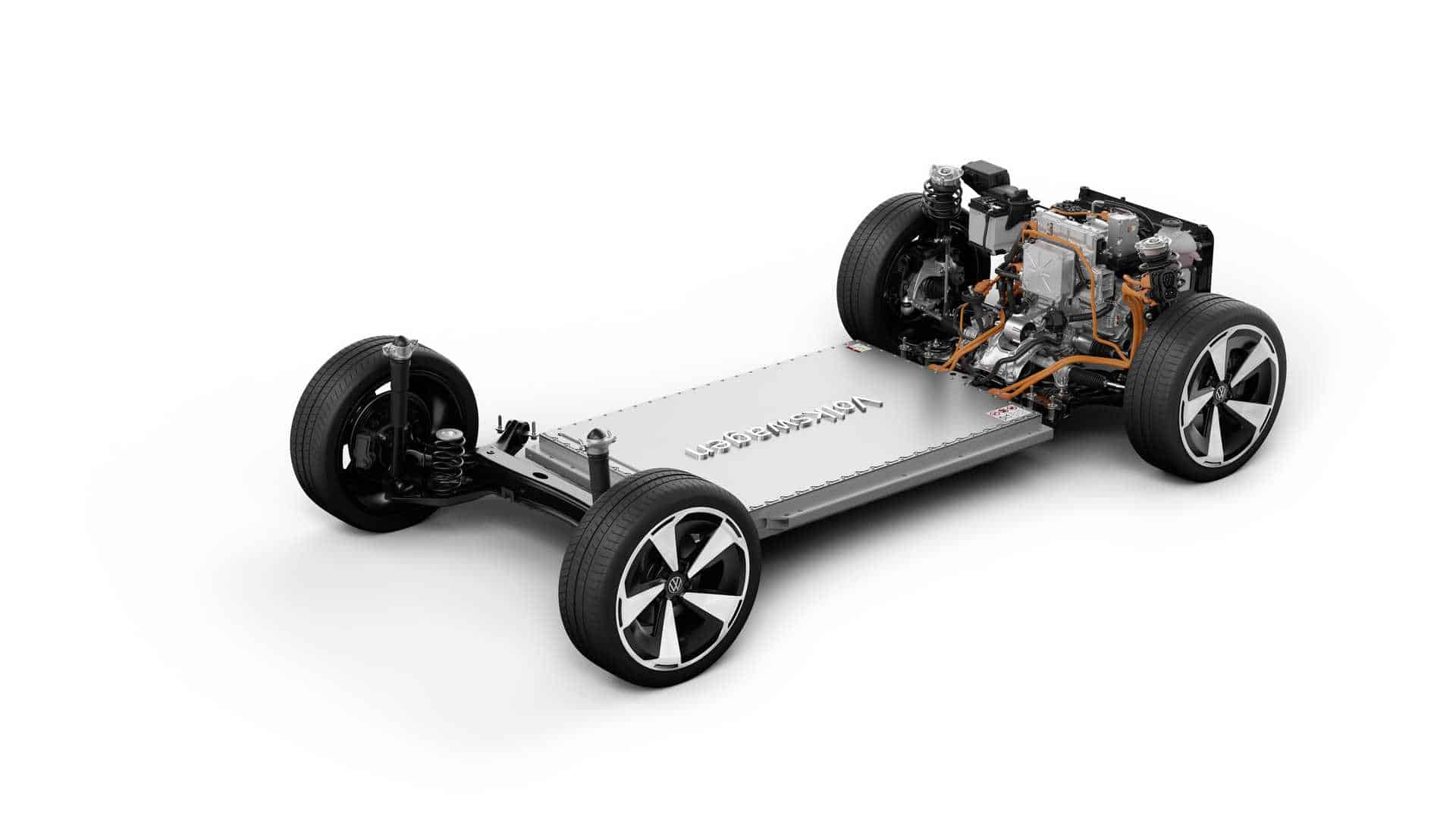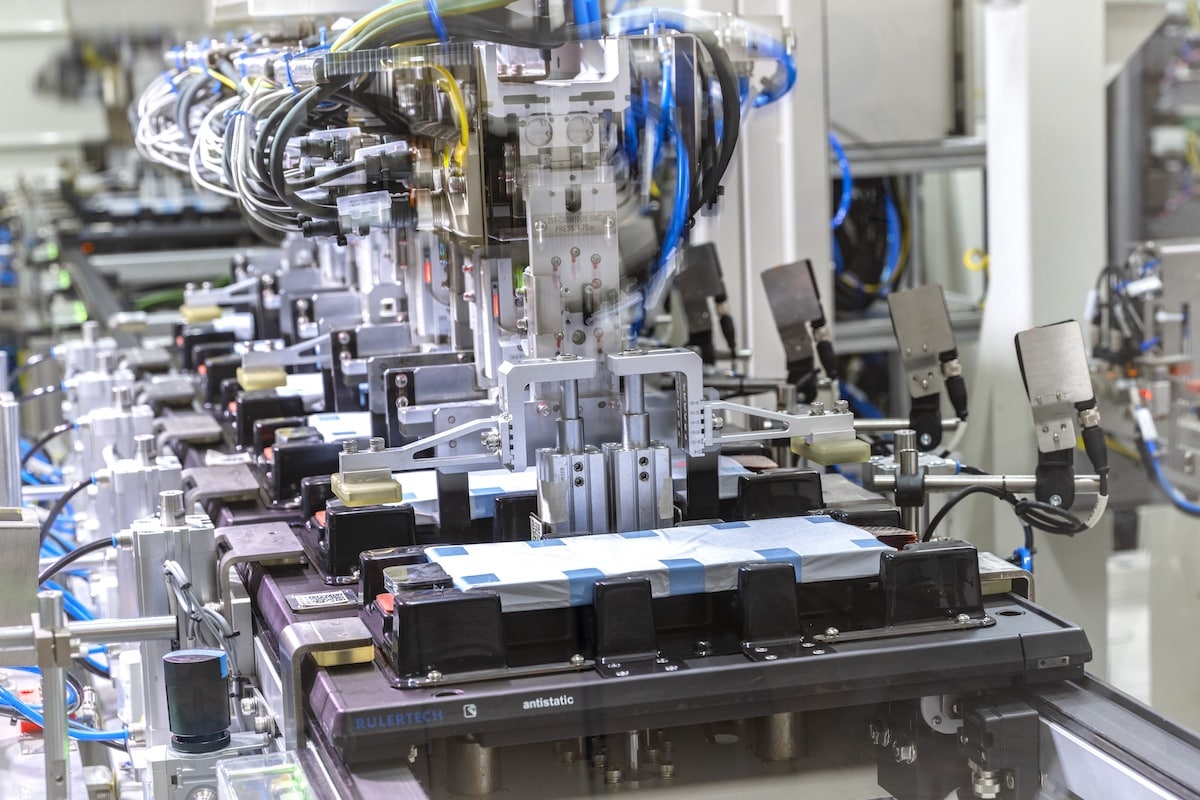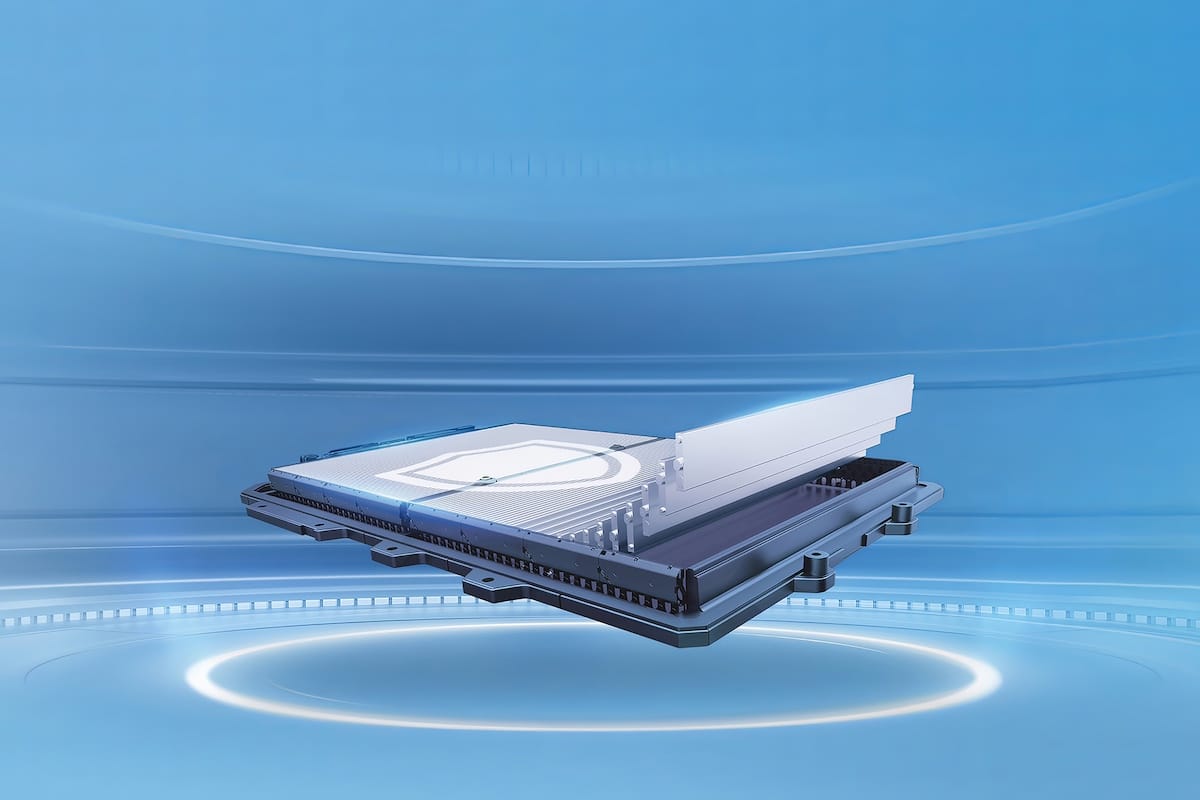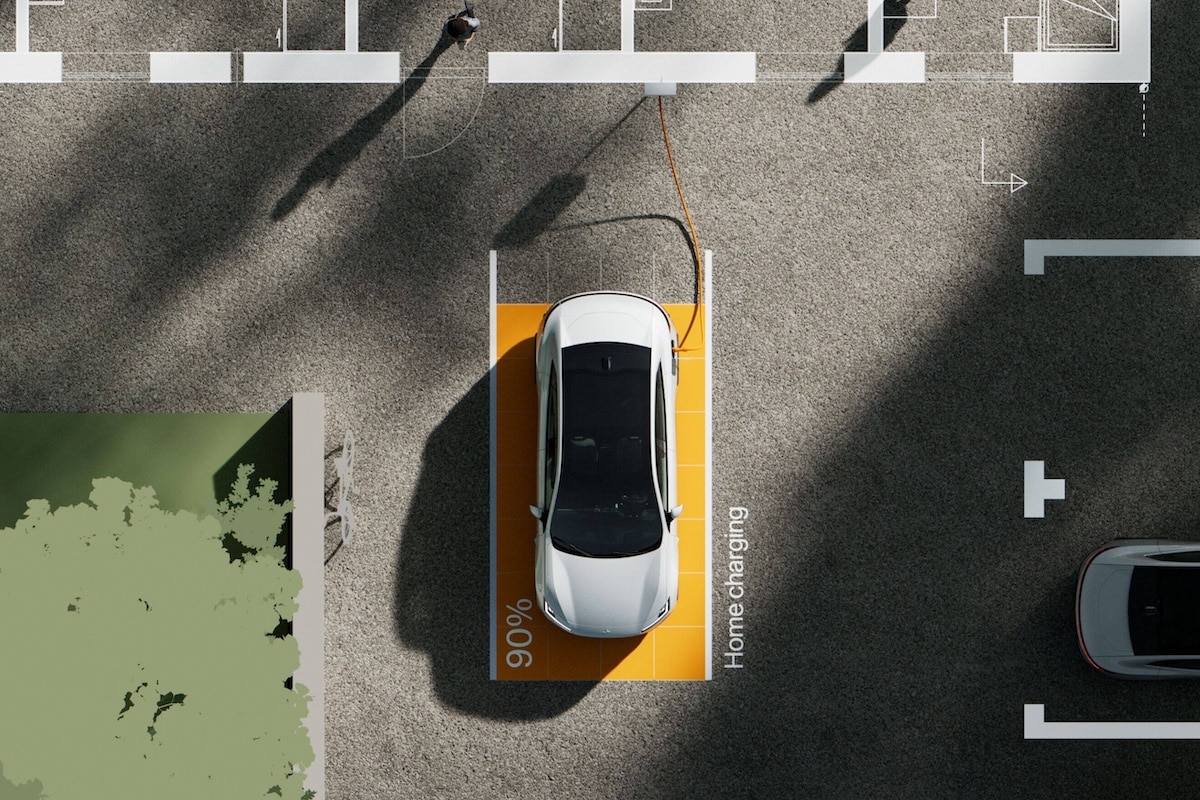Why Solid-State Batteries Will Revolutionize Electric Vehicles

Solid-state batteries represent a technological advancement that will radically transform the electric automotive industry.
1. Increased Safety
Traditional lithium-ion batteries use liquid electrolytes, which can be flammable and pose significant safety risks, particularly in the event of damage or malfunction. In contrast, solid-state batteries use a solid electrolyte that is not flammable. This greatly reduces the risk of fires and explosions, even if the battery is compromised. This safety improvement could make electric cars more attractive to consumers concerned about fire risks and allow manufacturers to more easily meet stricter safety standards.
2. Higher Energy Density
Solid-state batteries can store much more energy per unit volume than current lithium-ion batteries. This means that electric cars equipped with solid-state batteries could have significantly longer ranges, potentially doubling the distances that can be traveled on a single charge compared to current vehicles. A greater energy density also helps reduce the weight and volume of the batteries, providing manufacturers with more flexibility in vehicle design.
3. Improved Durability
Solid-state batteries are less likely to degrade over time compared to lithium-ion batteries. This is partly due to the absence of liquid that can evaporate or cause corrosion, extending the lifespan of the battery. Increased durability means that electric vehicle batteries will need to be replaced less frequently, reducing maintenance costs and electronic waste, and strengthening the economic argument for purchasing electric vehicles.
4. Faster Charging Times
Solid-state batteries also allow for much faster charging times than current technologies. Some research suggests that these batteries could be charged to 80% of their capacity in just about ten minutes. Fast charging times could address one of the major drawbacks of current electric cars: the lengthy wait time for charging, thereby making electric cars more convenient for everyday use and long distances.
5. Reduced Environmental Impact
Finally, solid-state batteries could have a less significant environmental impact than lithium-ion batteries. Because they are more durable and require less frequent replacements, the manufacturing of new batteries will be less frequent, reducing emissions associated with battery production. Furthermore, the absence of toxic liquids decreases the risk of contamination in the event of battery failure.
In summary, solid-state battery technology could offer increased safety, higher energy density, improved durability, shorter charging times, and reduced environmental impact. These advantages position solid-state batteries as a potentially revolutionary factor in the future of electric automobiles.
ALSO READ: 10 minutes to recover 70% battery!
This page is translated from the original post "Pourquoi la batterie solide va révolutionner l’automobile électrique ?" in French.
We also suggestthese articles:
Also read






